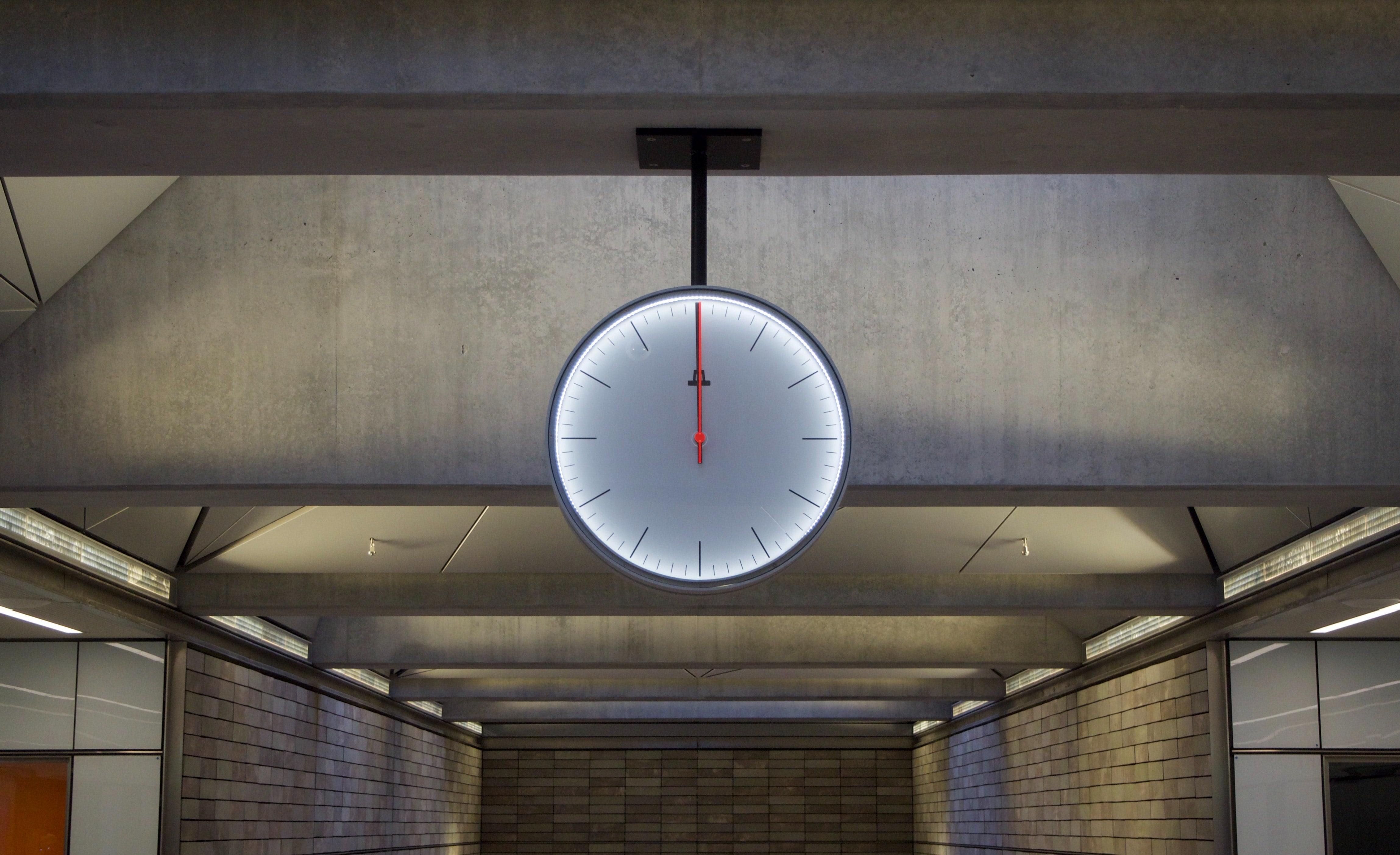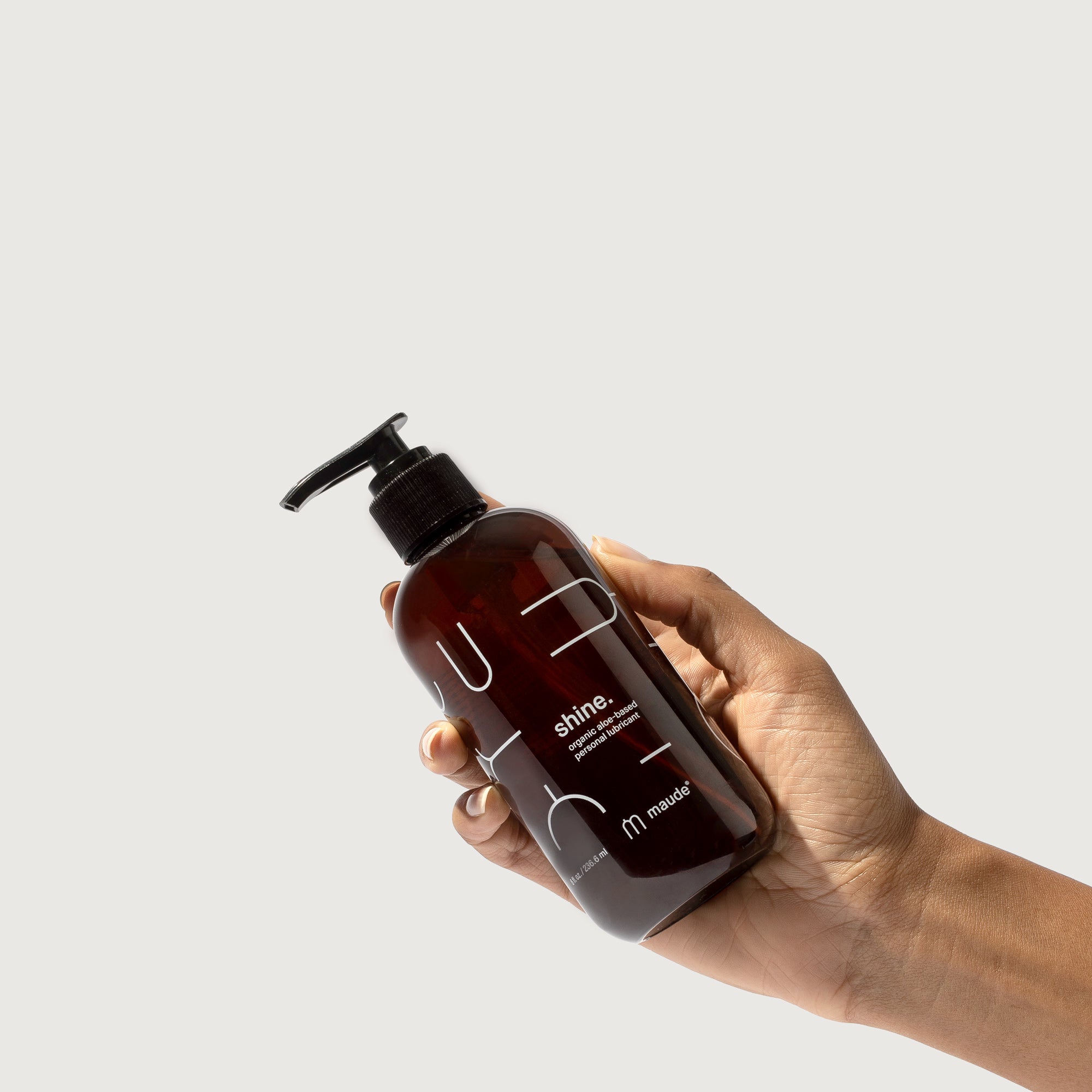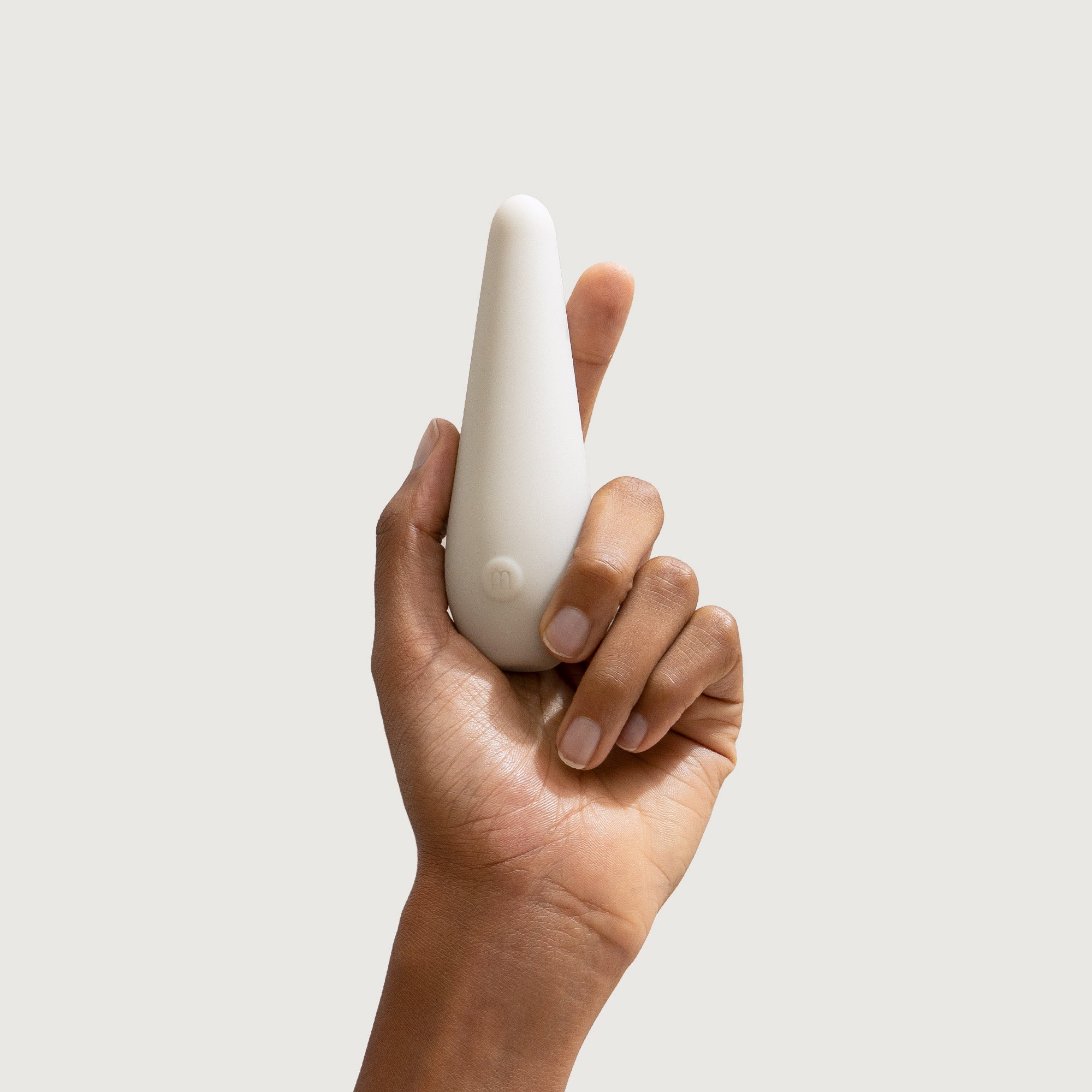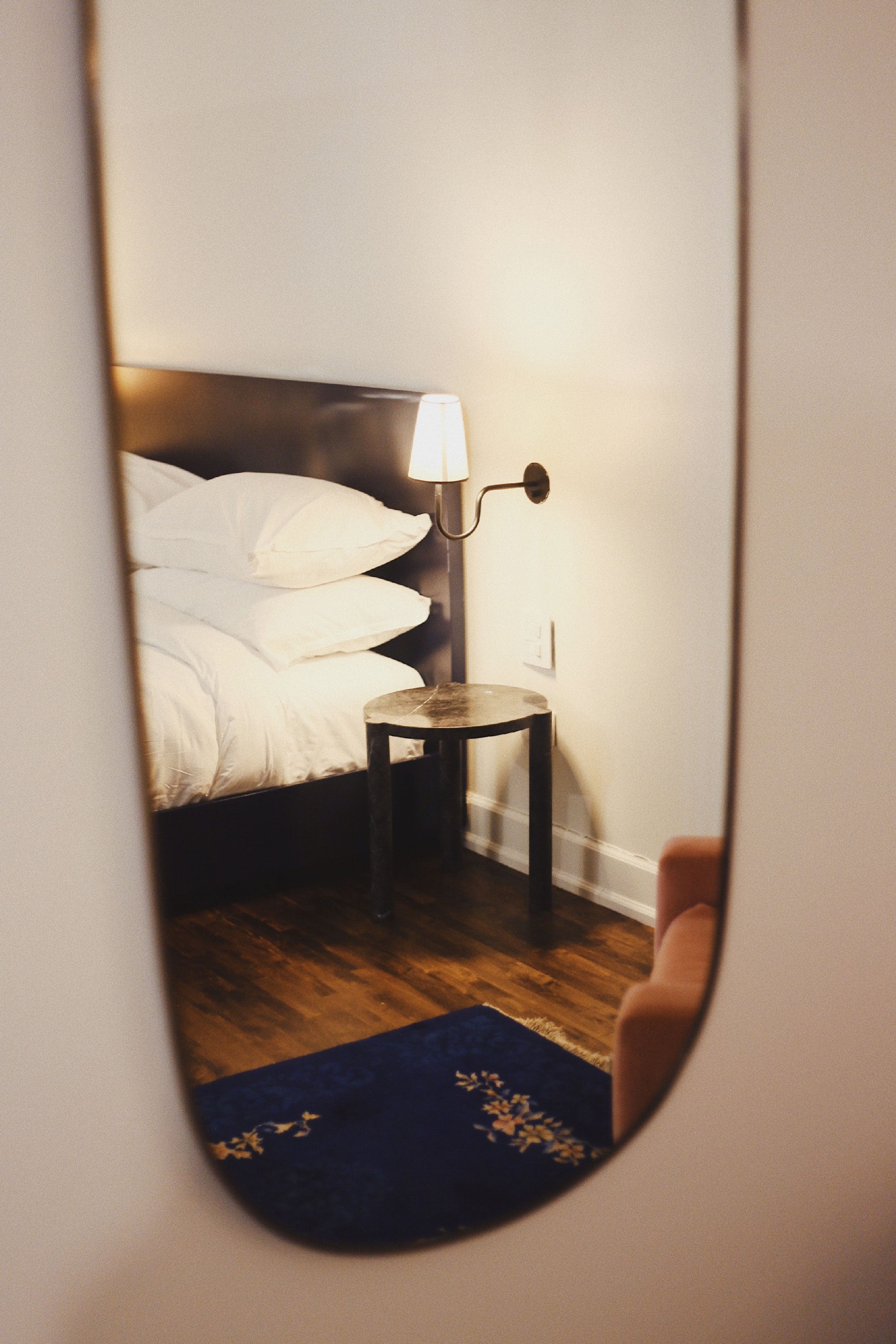the biological clock.

As it relates to aging, fertility, and Steve Martin.
Historically, the term “biological clock” has had more than just a tinge of sexism attached to it. If a woman over the age of 30 doesn’t have a plan for her fertility, society says she needs to think seriously about her window for having kids. People she doesn’t even know might even ask her if she wants children. There’s plenty of research that shows men themselves have biological clocks as well. But discussing our bodies, their abilities, and their limitations can pave the way for a healthier relationship and more intimacy.
18-25
For women in their prime childbearing years, being proactive about your fertility options is empowering. If you’re between the ages of 18-25 and financially, emotionally, and physically ready to have a kid, mazel tov. You’re the most fertile you’ll ever be in your life, so go forth and procreate.
25-35
Taking charge of when and how you conceive -- or decide not to -- removes a degree of uncertainty about the future. The average age for a first-time mother in the U.S. is 26. It’s also higher for women who earn more money, who are married, and who have college degrees. That said, the period between 25-35 is the most common window for a woman to plan to have a child. Regardless of where you fall in this bracket, it's important to consider the physiological aspects of aging. The topic of children is also extremely awkward to broach when you’re just starting to date someone. You know you want kids, you’re pretty sure they’re “the one,” but you also want to be the easy, breezy person they swiped right for. That said, if this is a priority, it’s better to address it head-on now before you start picking out baby names. And being honest about what you want can be a turn on.
35-40
The ability to get pregnant decreases with maternal age (unless you’re a 74-year-old woman in India) and infertility can take a huge toll on any relationship. A crucial part of maintaining your bond during this time is to make sure that you and your partner don’t blame each other for infertility issues. Being understanding, alleviating pressure, and having practical conversations about your options are all great ways to loosen the strain on your connection.
If you’re unsure about having children, but want to keep that option open, talk to your doctor about egg freezing. For lesbian couples, deciding who will carry the child can be a difficult topic; it often involves assessing age and medical history. But it can be a challenge for the so-called "other mother" who didn’t give birth or breastfeed the baby. There is no road map for this, and it can take time to acclimate to the new dynamic, and how it affects your relationship.
40-50
If Father of the Bride 2 were real, we’d all be pregnant at the same time as our own mothers. While it’d be wonderful to have a new sibling who’s approximately 30 years younger than us, the fact is that most women will begin experiencing symptoms of menopause by our mid-40’s. Certainly, it’s possible to have children after 40, and with modern medicine, it’s more common now than ever. But for those who are experiencing “the change,” this is another opportunity where being open with a partner can be beneficial. With hormones, hot flashes and menopausal dryness (just to name a few), this isn’t something to be ashamed of. It can even be celebrated -- just think, you no longer have to smuggle a tampon in your waistband when you go to the bathroom at work!
50+
In her novel, “Fear of Dying,” Erica Jong writes: “Sex doesn’t disappear, it just changes forms.” Aging is associated with a decline in sexual activity and fertility. And while that can be true, the majority of people over 50 have sexual desires but say that deeper intimacy with their partners has become more of a priority. Over time, affection, trust, respect, and compatibility have become more important aspects of sexuality than intercourse. Relationship experts agree that the key to a lasting relationship is patience. Being patient with your partner is imperative, but being patient with ourselves is too. Getting older is scary, limiting, and frustrating; but it can also be exciting if we take it easy on each other.





